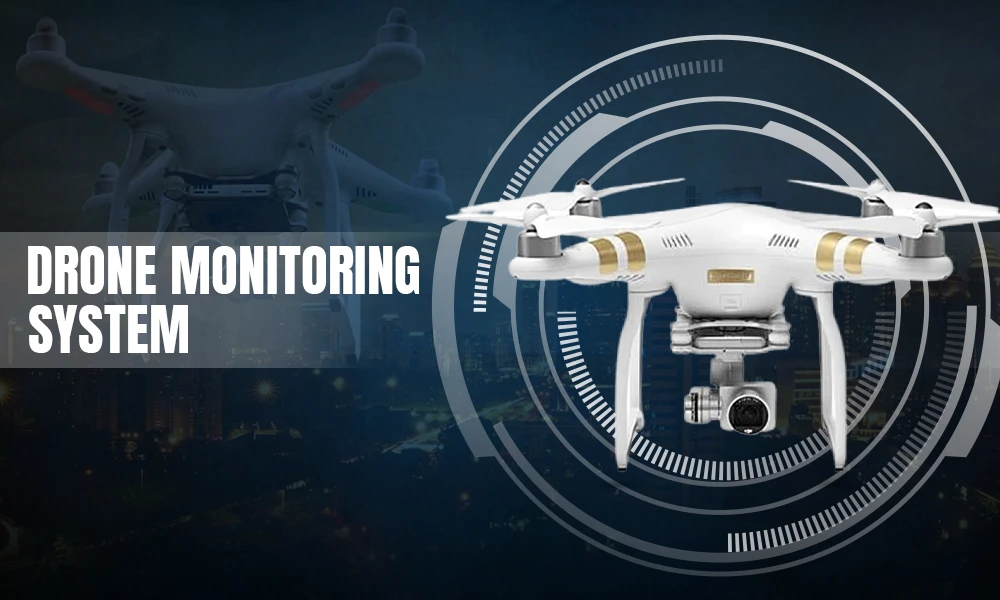Digital Transformation is Redefining the Insurance Industry – Here’s How

The term “digital transformation” is one you’ve probably heard before. Commercial businesses across the board, from manufacturing to retail to healthcare, have been reshaped by it. If you’ve ever wondered why insurers haven’t embraced digital transformation sooner rather than later, you’re not alone.
Insurance companies today must digitalize their processes to keep up with the needs of their customers. To be competitive in today’s industry, businesses must be able to meet customers where and when they need it. This is exactly what insurers can do now, thanks to the digital transformation of insurance, which is powered by AI, predictive analytics, machine learning, mobile service, live chat, etc.
In this blog, we’ll look at all the aspects of digital transformation in the Insurance Industry.
The Shift in the Insurance Sector
The insurance industry has seen a major shift in the last decade. From the software programs to the laws, everything is upgraded and steady. Companies are adopting the digital culture to satisfy customer’s needs and provide better support.
The latest study shows that customers are highly likely to leave insurance companies that don’t have a digital presence or digital support.
Moreover, the digital transformation has proven to be more time and cost-efficient for the companies. It also enables to incorporation of different business tools for smooth operations.
Need for Digital Transformation in the Insurance Industry
Well, digital transformation is a process of using technological advancements to create and improve new or already existing businesses. The advancements include the Internet of Things, Robotics, and Artificial intelligence.
Earlier, the insurance industry used to work traditionally with physical offices where customers used to come to deposit the insurance premiums. But it’s all changed now with digitalization.
The insurance sector was in dire need of digitalization to remain in the competition. As everything runs online now, new-aged customers expect their insurance companies to be online as well.
Even though the insurance industry is adapting to the online culture well. There are many challenges that still need to be overcome. Let’s discuss them in the next section.
Challenges of Digital Transformation
The digital transformation is adopted by insurers to provide better customer support, build better communication systems, and create an accessible platform for customers. However, there are many pitfalls that insurers have to become aware of when following the digital route.
These are some of the challenges:
Data Security and Privacy
As the insurance companies hold customer’s sensitive data on their systems, it is essential to have data security tools installed to protect the customer’s privacy. The companies must have a powerful mechanism that stores all the customer’s information and keeps it secured.
Digital Setup
The traditional infrastructure and office setup do not work with digital environments. For that, companies must have IT infrastructure and processes. Well, this can be counted as a big investment. The good part here is that the insurance companies can also function remotely.
Regulations and Policies for Operations
Insurance is a highly regulated sector but with digitalization, the existing policies may not perfectly fit the transformation. So, it can be difficult for the insurers to abide by the laws with the rapid industry changes.
So these are the challenges faced by issuers to adapt to the digital environment. Let’s move ahead and look at the positive impacts in the next section.
Benefits of Digitalization in the Insurance Sector

There’s no doubt in saying that the insurance sector is largely benefiting from the digital transformation. The companies have started adopting digital methods, tools, and online platforms to communicate with customers, market their products, and manage business operations.
Here are some of the benefits of digital transformation in the Insurance Sector:
Better Customer Engagement
Digital transformation has improved communication between the insurer and customer, resulting in a better customer retention ratio. The companies can analyze customer data to build new and personalized products. Like, many companies use bots to help customers choose the right plan and digital self-service tools to get quotes of different policies.
Increased Business Efficiency at Reduced Cost
Companies can automate business functioning, cut off manual work, and deliver much more within a short time with digital tools and platforms. Moreover, it increases business efficiency and reduces the cost.
New Avenues of Income
The companies get the opportunity to create multiple revenue streams according to the customer data. They can figure out what their customer wants and deliver the solutions in a feasible way. Creating a new product is simpler with digitalization, as insurers can use the data to make the perfect product.
Better Risk Management
Similar to other industries, insurance businesses also have potential risks. Digital transformation can help business owners come up with data-driven strategies to curb the risks. The new and advanced tools can even detect fraud and provide steps to keep your system data secured.
So this was all about Digital transformation in the insurance industry. We hope this blog contributes to your knowledge.










